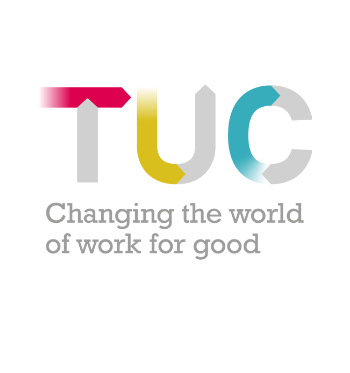Fifty years after the Race Relations Act, racial discrimination is still rife
It’s hard to believe, but just 50 years ago racial discrimination wasn’t a crime in public places.
So there was nothing to stop landlords refusing people a home, bosses denying people a job, or staff stopping people from entering libraries, hotels and pubs – all because of the colour of their skin.
And that's not all. BME people were also regularly subjected to street violence, police brutality and marginalisation from wider society.
The Race Relations Act was supposed to change all that.
First passed in 1965, the Act made it illegal to discriminate against people on the "grounds of colour, race, or ethnic or national origins" in public spaces.
And on this day in 1968, it was amended to make it illegal to refuse work, housing or public services to someone because of their ethnicity or colour.
Much has changed since that day, but on the 50th anniversary of the Race Relations Act there are still huge problems facing BME people in UK society.
Structural inequality
There are 3.2 million BME workers in Britain today, most of whom work in lower quality jobs than their white counterparts .
Despite the Race Relations Act, black workers are still getting paid 8.3% less than white workers.
This employment gap widens when it comes to qualifications, with black workers who hold A-levels earning 10% less than their white peers.
And BME workers are over a third more likely to be stuck on zero-hour or temporary contracts.
So there’s still a lot of work for employers to do to address the structural inequality that is preventing BME workers from being treated fairly at work.
Working cultures
Racism is also deeply rooted in our working cultures and practices.
Many boardrooms are made up of privileged people with the same backgrounds, experiences and social circles.
And only those who share the same cultural interests will get promoted.
If you don't fit in - you either go unnoticed or are singled out as different.
This is a reality for workers whose race, class, faith, gender or sexuality marks them out.
As a result, many BME workers feel that their white colleagues are offered more opportunities than they are.
Diversity means having more BME people in leadership positions. This would help disrupt unconscious bias in the workplace and lead to fairer treatment of other BME workers.
Time to get serious
I believe that the trade unions can really shift the power balance on race and equality.
But to do this, we need talk more about race – and make sure fighting racial oppression is embedded in our DNA.
So as we mark the 50 years since the Race Relations Act, let’s remember that there’s still a long way to go to secure full racial equality in the UK.
If anyone can make this a reality, it’s the trade union movement.
Stay Updated
Want to hear about our latest news and blogs?
Sign up now to get it straight to your inbox

